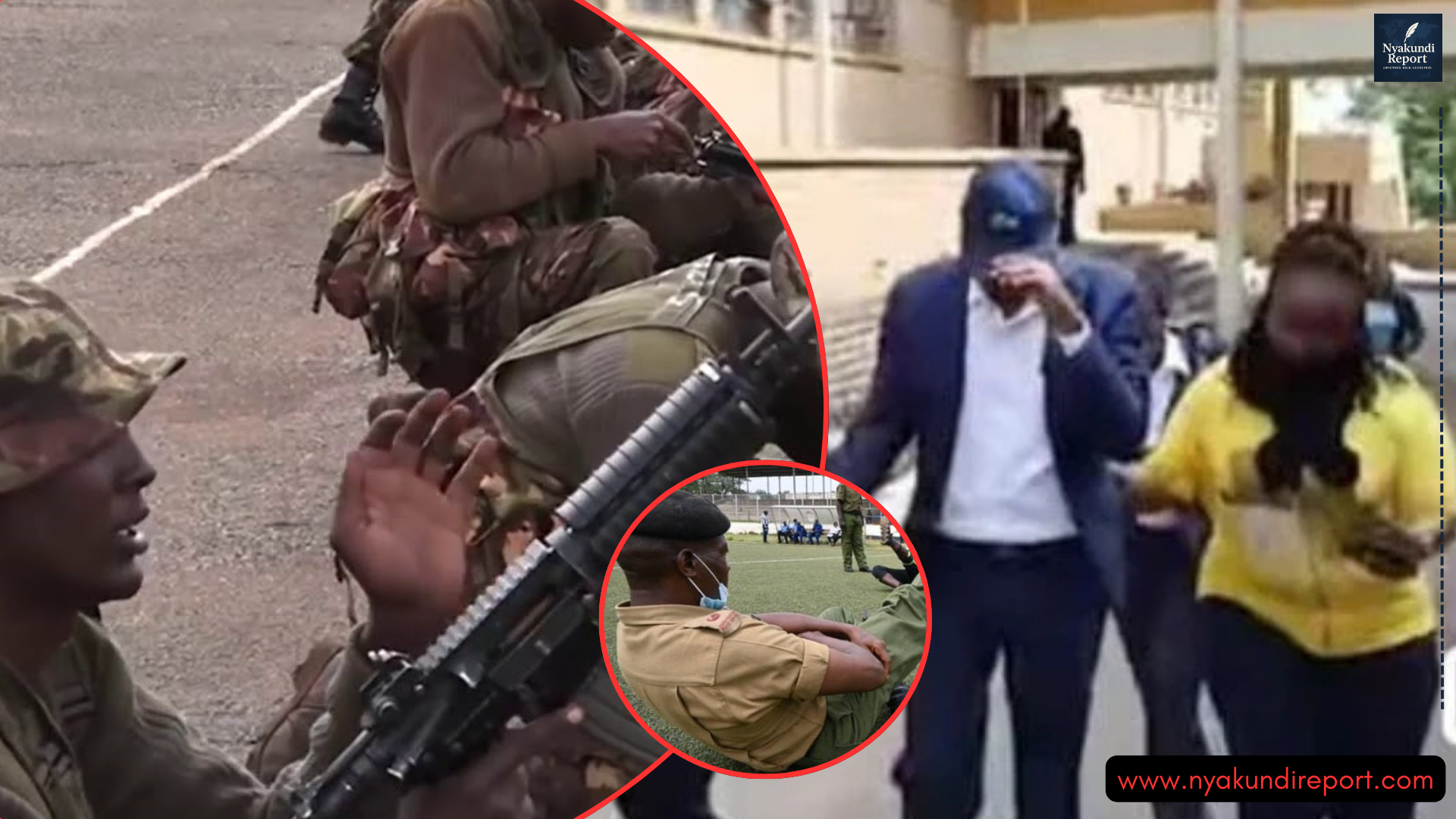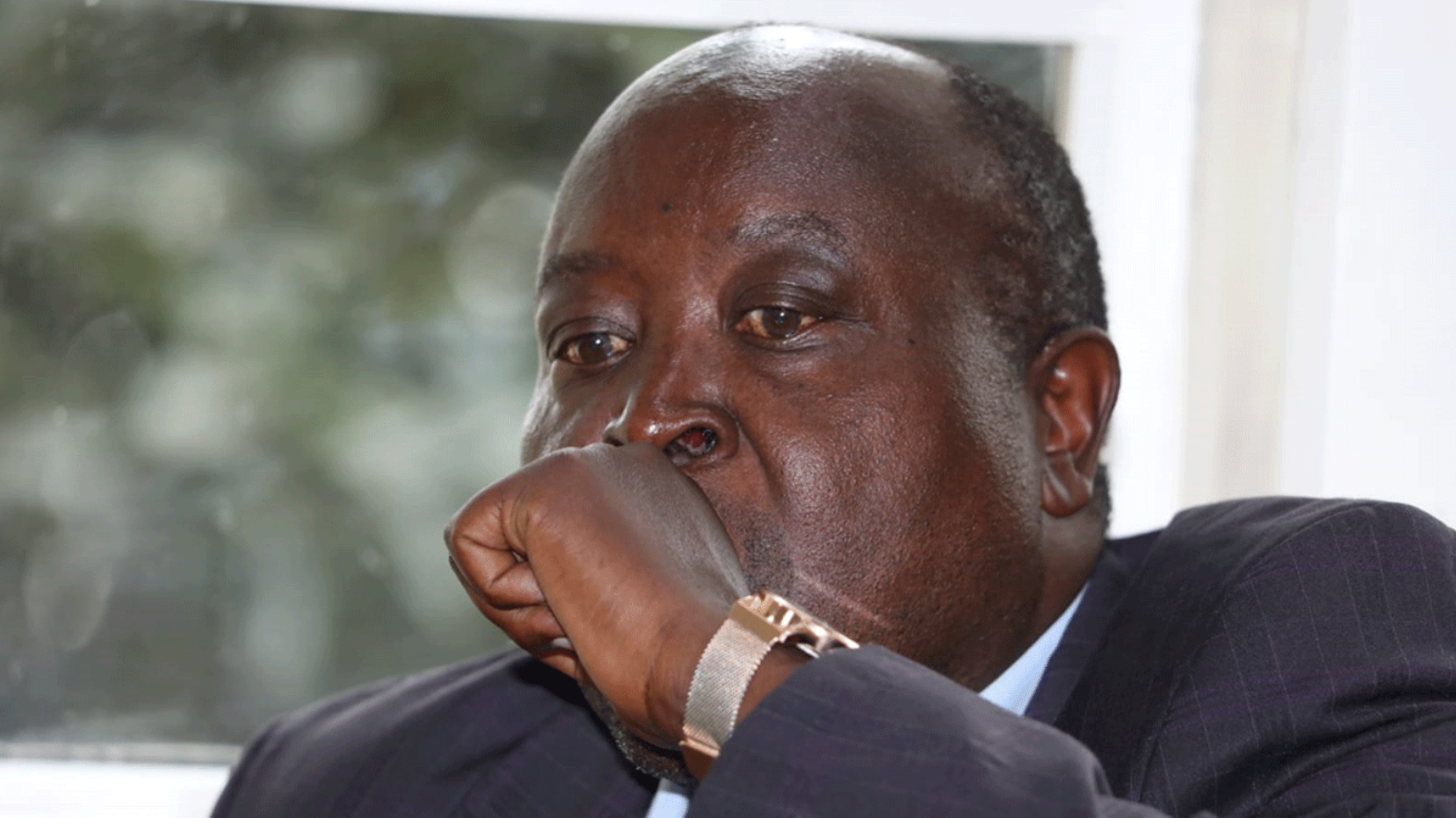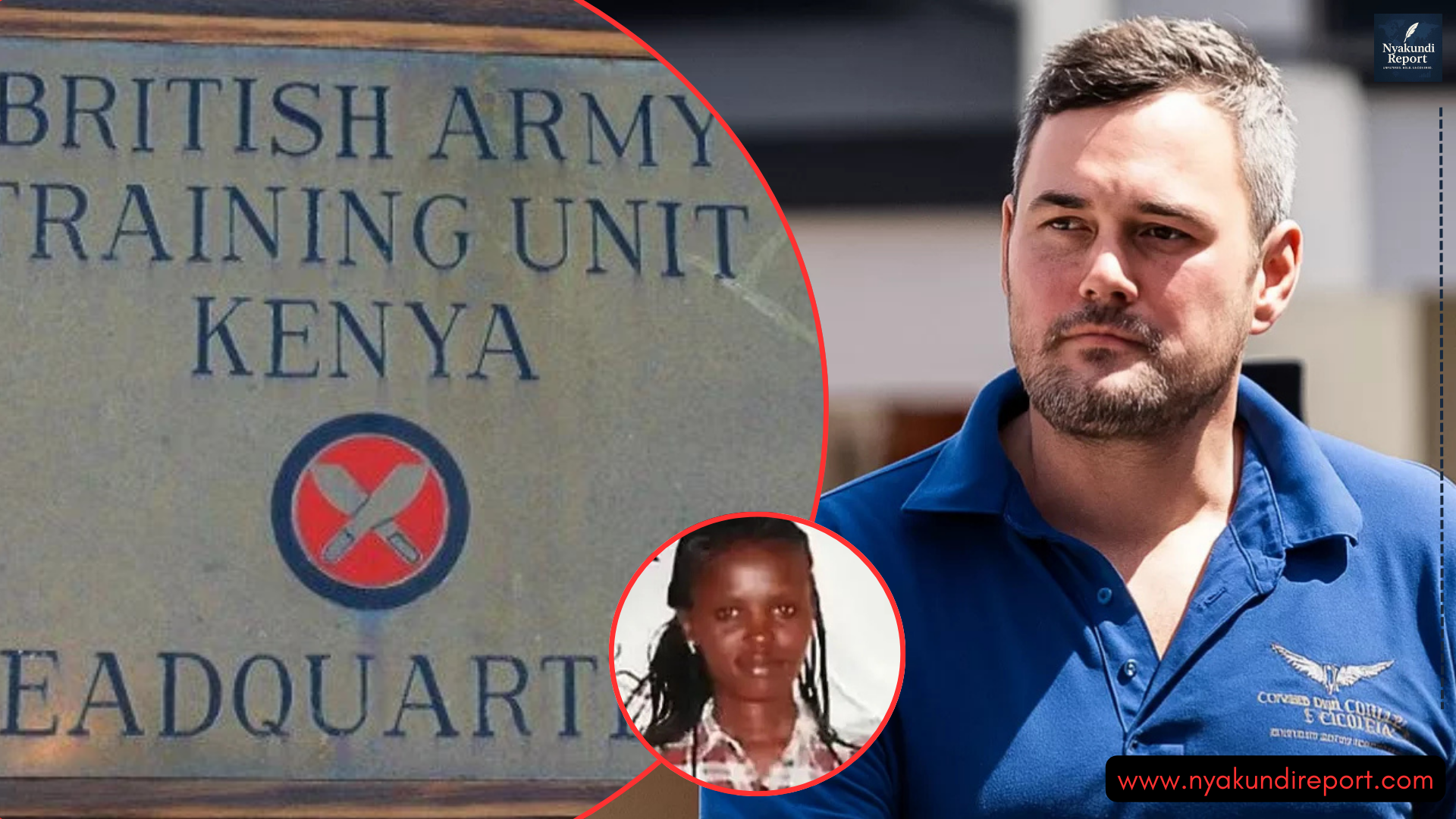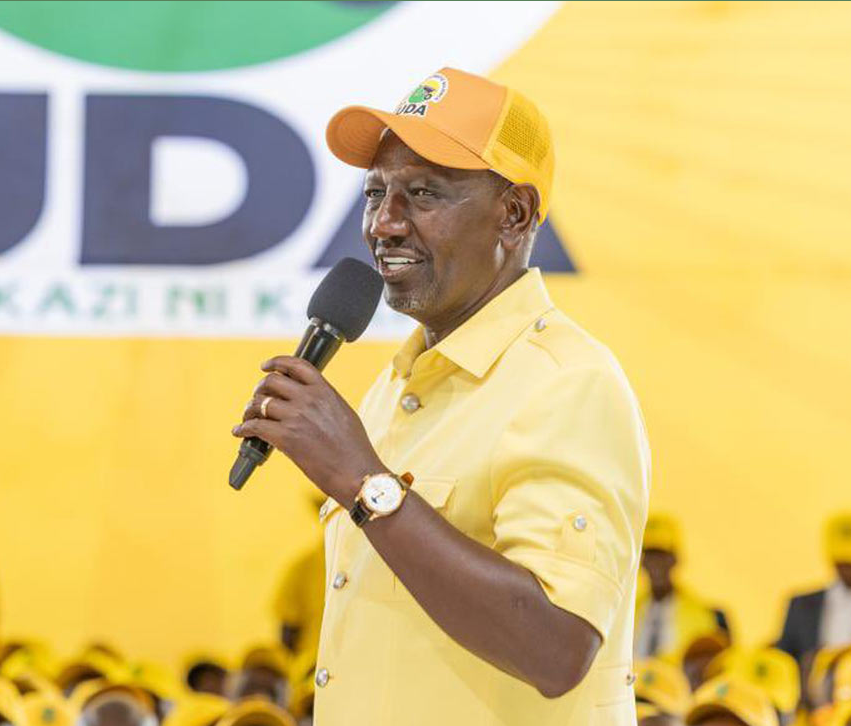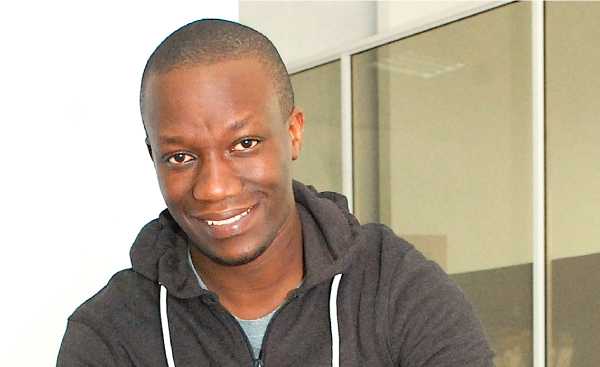Kenya is on edge after the sudden death of social media personality Albert Ojwang while in police custody. The situation has now taken a political turn. Former Deputy President Rigathi Gachagua has called for the immediate dismissal of Deputy Inspector General of Police Eliud Langat.
Gachagua claims Langat ordered Ojwang’s arrest over a critical social media post. He also accuses Langat of managing Nairobi’s Kamukunji and Central police stations as if they were personal property.
The death of Ojwang has shaken the nation and stirred up growing fears of state repression against Gen Z voices online.
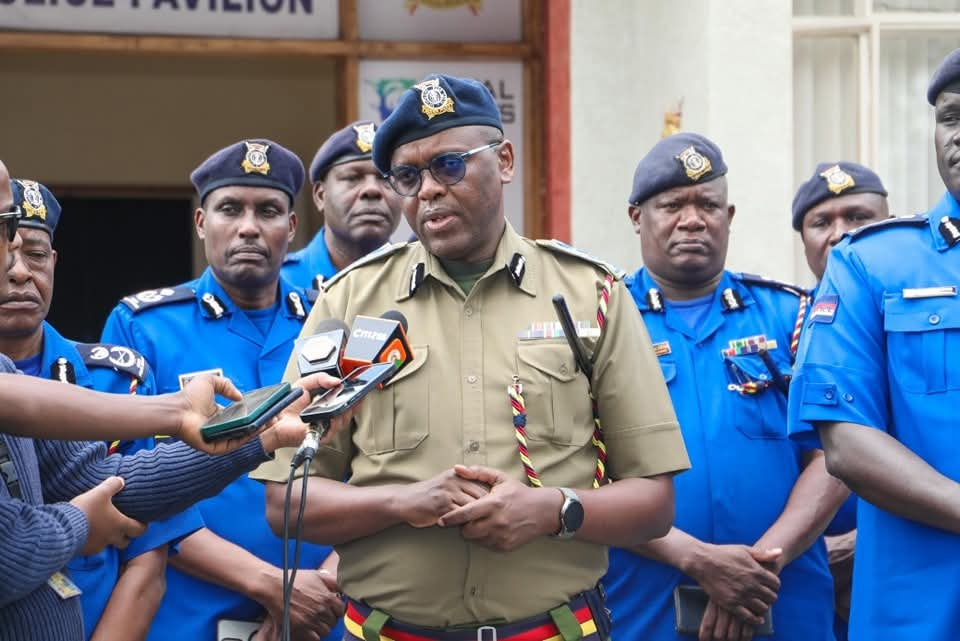
Eliud Langat Under Fire for Role in Ojwang’s Death
Rigathi Gachagua is not mincing words. In a public statement on June 9, the former deputy president blamed Deputy IG Eliud Langat for the death of Albert Ojwang. Gachagua insists Langat was not only behind the arrest but also oversaw Ojwang’s transfer from Homa Bay to the Central Police Station in Nairobi—where the 28-year-old influencer died under mysterious circumstances.
“This was not a routine arrest,” Gachagua declared. “It was targeted. It was political. And Langat must take full responsibility.”
Gachagua went further, claiming Langat personally operates both Kamukunji and Central stations, outside the knowledge or control of the Inspector General, Douglas Kanja. This rogue control, he says, enabled the unlawful transfer of Ojwang hundreds of kilometers from his hometown to Nairobi.
Reports from police suggest that Ojwang hit his head on a wall and later died from those injuries while in custody. But Gachagua says the public isn’t buying that story—nor should they.
“Those two stations are now being described by Kenyans as torture chambers,” Gachagua said. “That’s why they brought Albert all the way to Nairobi.”
His comments come amid rising outrage across the country, especially among young Kenyans. Many believe Ojwang was targeted for criticizing Eliud Langat online. Gachagua backs that view, saying Ojwang’s only “crime” was expressing a fair opinion on social media.
“This is about silencing Gen Z,” Gachagua warned. “The government is trying to shut down young voices. That ends now.”
Gen Z Demands Accountability Over Police Brutality
Albert Ojwang wasn’t just another influencer. He was a young voice speaking up about police conduct and government overreach. His death has become a rallying cry for many Kenyans, especially on social media platform X (formerly Twitter), where the hashtag #JusticeForAlbert continues to trend.
Many are asking hard questions: Why was Ojwang moved to a station far from home? Why did he die inside a police cell? Why is the man accused of ordering the arrest—Eliud Langat—still in office?
Gachagua’s call for Langat’s suspension is gaining traction online and offline. He has urged the state to act swiftly and transparently.
“Let the Deputy IG step aside. Let a real investigation begin,” Gachagua said.
His statement came hours after the Inspector General, Douglas Kanja, ordered the interdiction of all officers who were on duty during the night Ojwang died. That includes the Officer Commanding Station (OCS) at Central Police.
The National Police Service (NPS) has promised full cooperation with the Independent Policing Oversight Authority (IPOA), which is now investigating the incident separately. But for many Kenyans, that’s not enough. They want heads to roll—and they want them to roll fast.
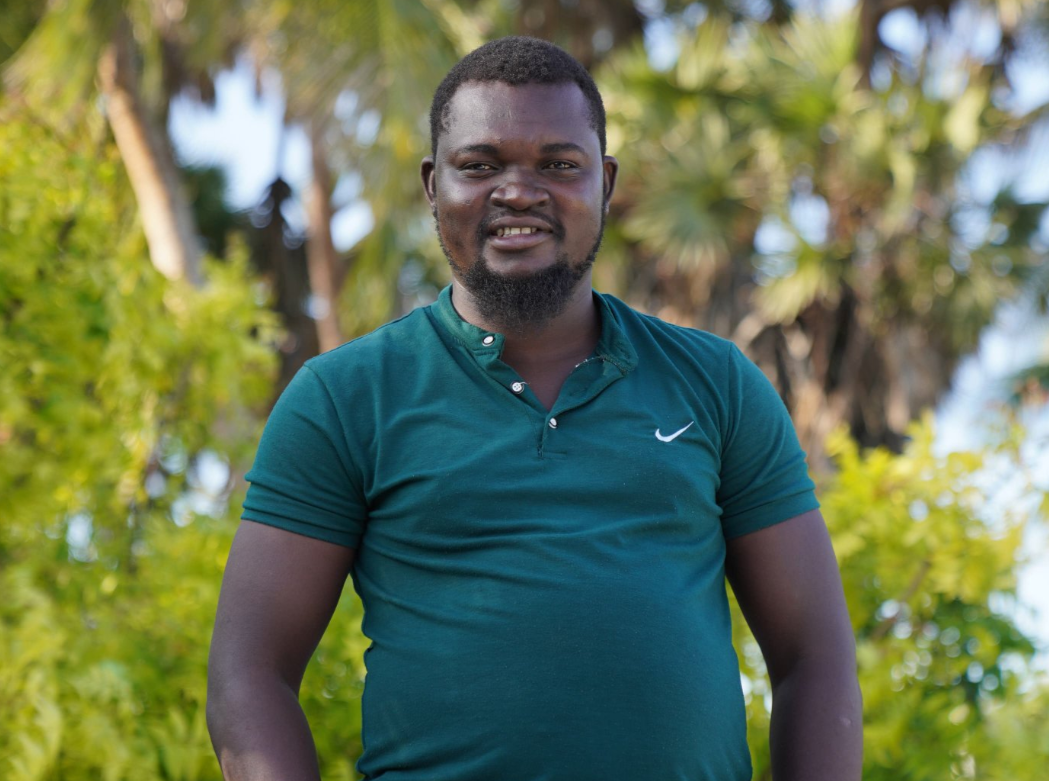
Eliud Langat Now Seen as Symbol of Police Impunity
This is not the first time the Kenyan public has raised concerns about police abuse and lack of accountability. But this case hits different. Ojwang’s youth, influence, and sudden death in custody have turned attention squarely on Eliud Langat.
“The Deputy IG is no longer just a senior cop,” one user posted online. “He’s the face of everything wrong with the system.”
For Gachagua, Langat represents the rot that has infiltrated law enforcement. His alleged role in Ojwang’s death, his direct management of police stations, and his suspected disregard for the chain of command have made him a dangerous figure in the eyes of many.
“This is a test for the Kenyan government,” Gachagua added. “Will they protect Langat—or will they protect justice?”
Whether Langat is suspended or not, the call for reform is growing louder. From Nairobi to Homa Bay, from digital spaces to the streets, Kenyans are demanding better.
As pressure mounts, the ball is now in the court of President William Ruto and Inspector General Kanja. Will they act to restore trust, or will they shield Eliud Langat?
For the family of Albert Ojwang and the youth of Kenya, the answer may define the future of civil liberties in the country.

